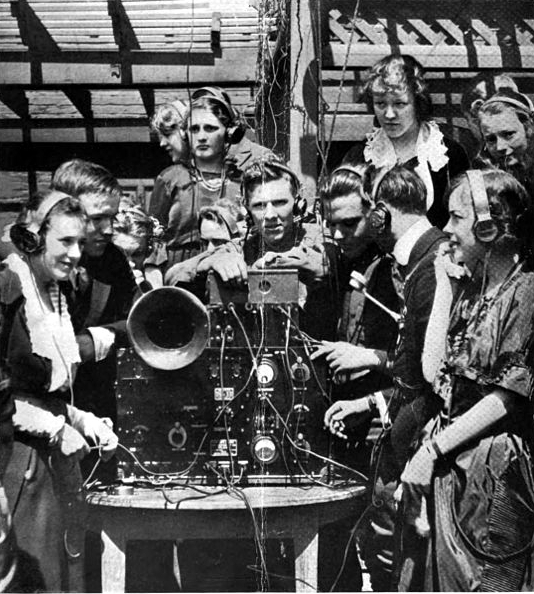-
3-minute read
-
11th November 2016
Word Choice: Then vs. Than
It’s easy to get ‘then’ and ‘than’ mixed up if English isn’t your first language, as both are common words, and they look pretty similar on the page (or screen, assuming you’re typing).
But these words have very different meanings, so it’s important to be careful when using them. Proofreading will pick up typos, of course, but you need to understand each term first!
Then (At That Time, Subsequently or Consequently)
‘Then’ has a few uses, but mostly it’s an adverb related to time or consequences. Possibly the most common definition is ‘at that time’, which is used to indicate when a verb occurred:
I loved cartoons when I was a kid, but I was much younger then!
Another temporal use of ‘then’ is to mean ‘subsequently’ when referring to the order of events:
I’ll watch one more episode, and then I’ll get some work done.
The other main adverbial meaning of ‘then’ is ‘as a consequence’, usually in an ‘if … then’ statement that specifies a cause and an effect:
If you watch TV for too long, then your eyes will go square!

(Photo: Sarah/flickr)
It can be used without ‘if’, too, often as a substitute for ‘therefore’:
There are no recorded cases of eyes turning square from watching TV. The data, then, suggests that the old saying is not medically accurate.
‘Then’ can also be used as an adjective when it precedes a noun. In this case, ‘then’ means ‘at that time’ again, but specifically suggests the noun applied at a particular time in the past:
I loved MacGyver in the ‘80s, but my then boyfriend hated it.
Find this useful?
Subscribe to our newsletter and get writing tips from our editors straight to your inbox.
Subscribe to Beyond the Margins and get your monthly fix of editorial strategy, workflow tips, and real-world examples from content leaders.
The important thing to remember is that ‘then’ always relates to time or consequences.
A question we often ask ourselves.[Image:
Rasmus Olsen/flickr]
Than (Comparisons or Preference)
The main use of ‘than’ is as a conjunction for comparing two unequal things or expressing a preference. In comparisons, for example, we would say:
MacGyver was much more exciting than Baywatch!
Its use for expressing a preference is very similar, such as in the following:
I’d rather watch MacGyver than Baywatch.
Sometimes ‘than’ is also used to introduce an alternative or difference, often alongside an adverb or adjective, like when ‘other than’ is used to mean ‘except’:
Before TV, we couldn’t get instant news other than by listening to the radio.

Generally, though, ‘than’ is most frequently used when making a comparison or expressing a preference.
Then or Than?
Hopefully, the definitions above will help you know which of ‘then’ or ‘than’ to use in any given sentence, especially since ‘than’ is mostly used for comparisons. Remember:
Then = Time or consequences
Than = Comparisons or preference